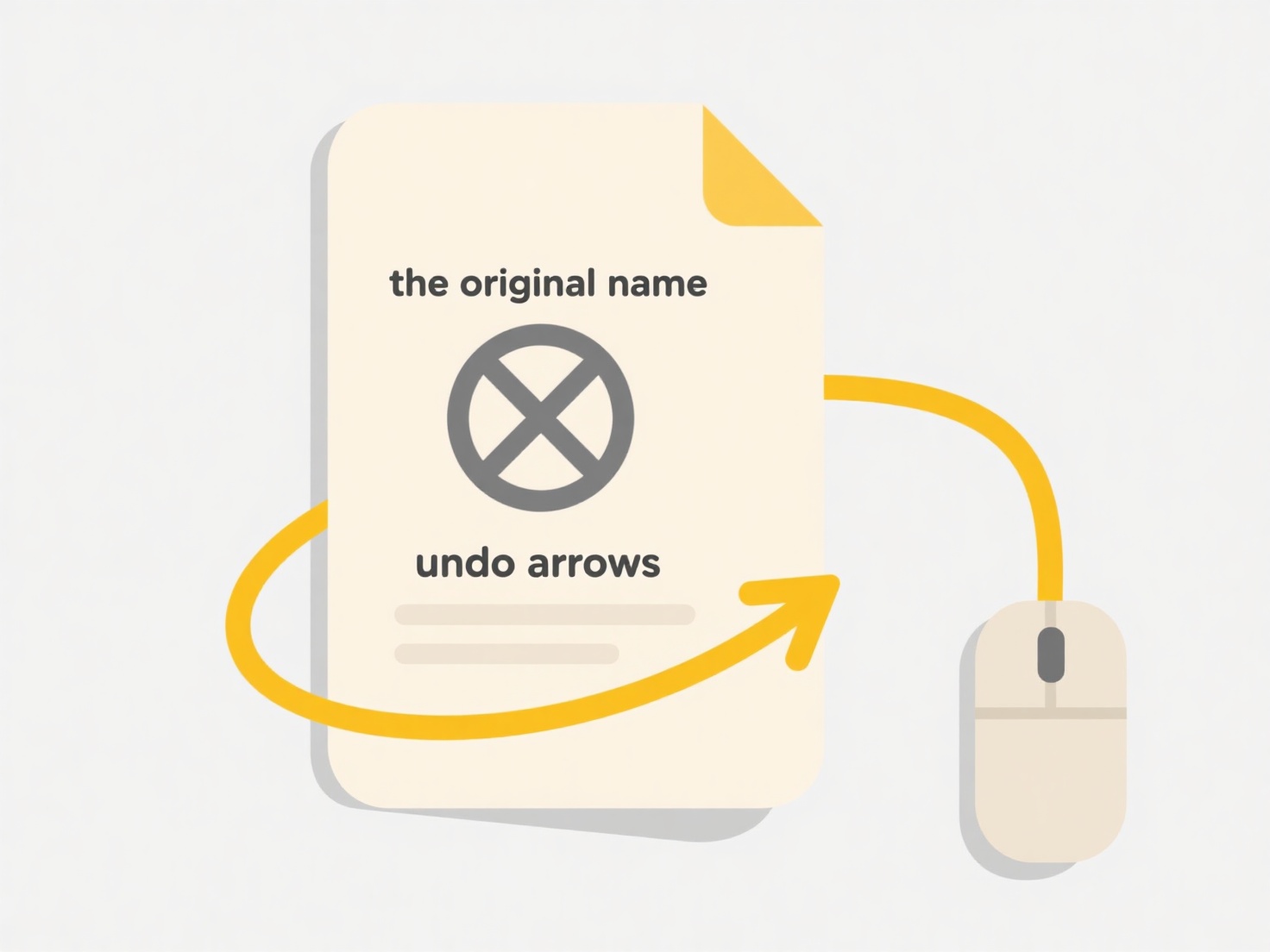
When a file opens with an unexpected program, it's typically due to an incorrect file association setting on your operating system. File associations are rules that link specific file types (identified by their extension, like .docx or .jpg) to a default application. This happens because settings were changed manually, a newly installed application claimed the association, the previous program was uninstalled, or the file was received without a proper extension. The system relies on this mapping to choose which application launches when you double-click a file.

For example, your PDF might unexpectedly open in a web browser instead of Adobe Acrobat Reader, often after a browser update changes the default. Similarly, image files like .jpg might open in a basic photo viewer application after installing a new graphics suite, rather than your preferred editing software like Adobe Photoshop. Both personal computer users and professional settings in design, law, or administration frequently encounter this issue across Windows, macOS, or Linux.
The main advantage is convenience through automation, but incorrect associations cause inefficiency and disruption. A significant limitation is the potential security risk: malicious files disguised with familiar extensions (like a .exe masquerading as a .pdf) could execute harmfully if associations are wrong. Modern operating systems offer easy settings to correct defaults manually, driving widespread adoption while requiring users to occasionally verify their preferences.
Why does my file open with the wrong program?
When a file opens with an unexpected program, it's typically due to an incorrect file association setting on your operating system. File associations are rules that link specific file types (identified by their extension, like .docx or .jpg) to a default application. This happens because settings were changed manually, a newly installed application claimed the association, the previous program was uninstalled, or the file was received without a proper extension. The system relies on this mapping to choose which application launches when you double-click a file.

For example, your PDF might unexpectedly open in a web browser instead of Adobe Acrobat Reader, often after a browser update changes the default. Similarly, image files like .jpg might open in a basic photo viewer application after installing a new graphics suite, rather than your preferred editing software like Adobe Photoshop. Both personal computer users and professional settings in design, law, or administration frequently encounter this issue across Windows, macOS, or Linux.
The main advantage is convenience through automation, but incorrect associations cause inefficiency and disruption. A significant limitation is the potential security risk: malicious files disguised with familiar extensions (like a .exe masquerading as a .pdf) could execute harmfully if associations are wrong. Modern operating systems offer easy settings to correct defaults manually, driving widespread adoption while requiring users to occasionally verify their preferences.
Quick Article Links
Why do some users still prefer local storage?
Local storage refers to data kept directly on a user's device—like on a hard drive or SSD—rather than on remote cloud se...
How do I search archived emails or records?
Searching archived emails or records involves locating information stored in a separate, long-term repository designed f...
Should I store scanned copies of documents with the originals or in a separate folder?
Should I store scanned copies of documents with the originals or in a separate folder? Storing scanned copies with ori...